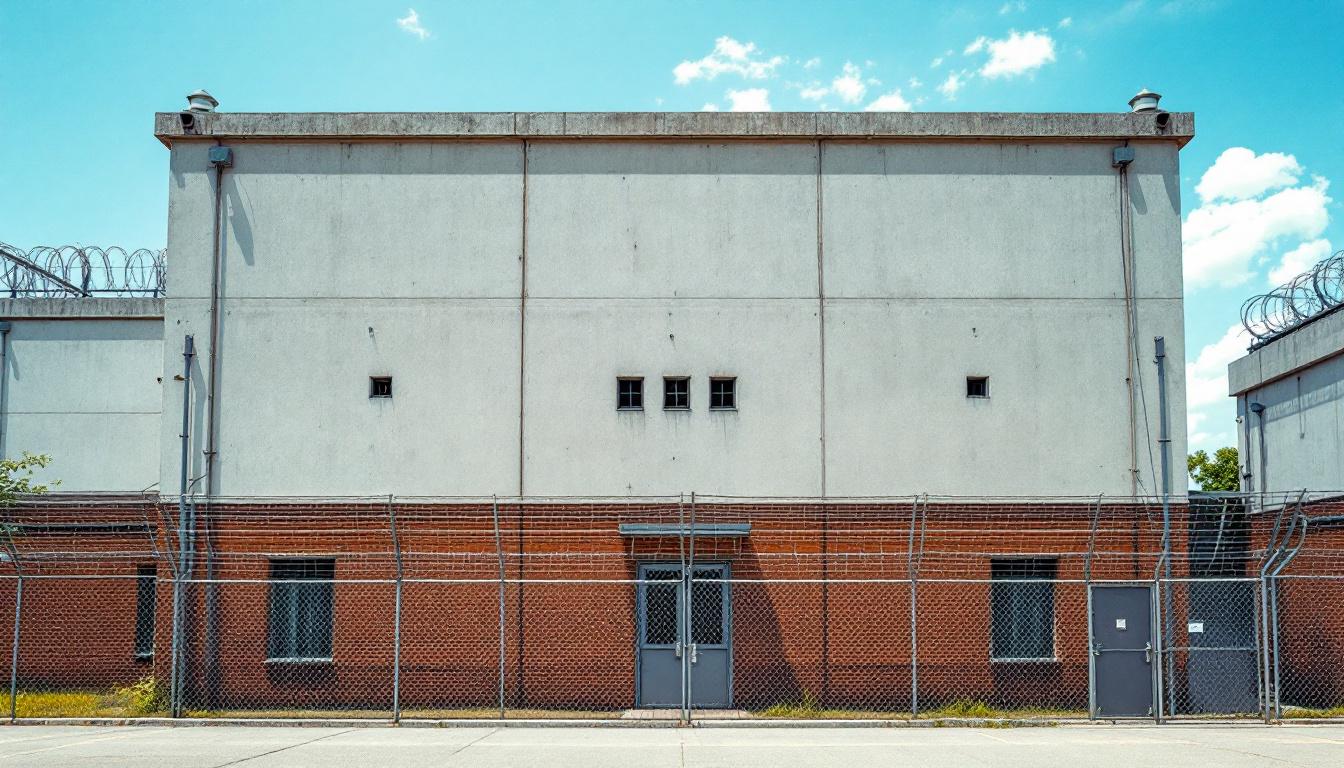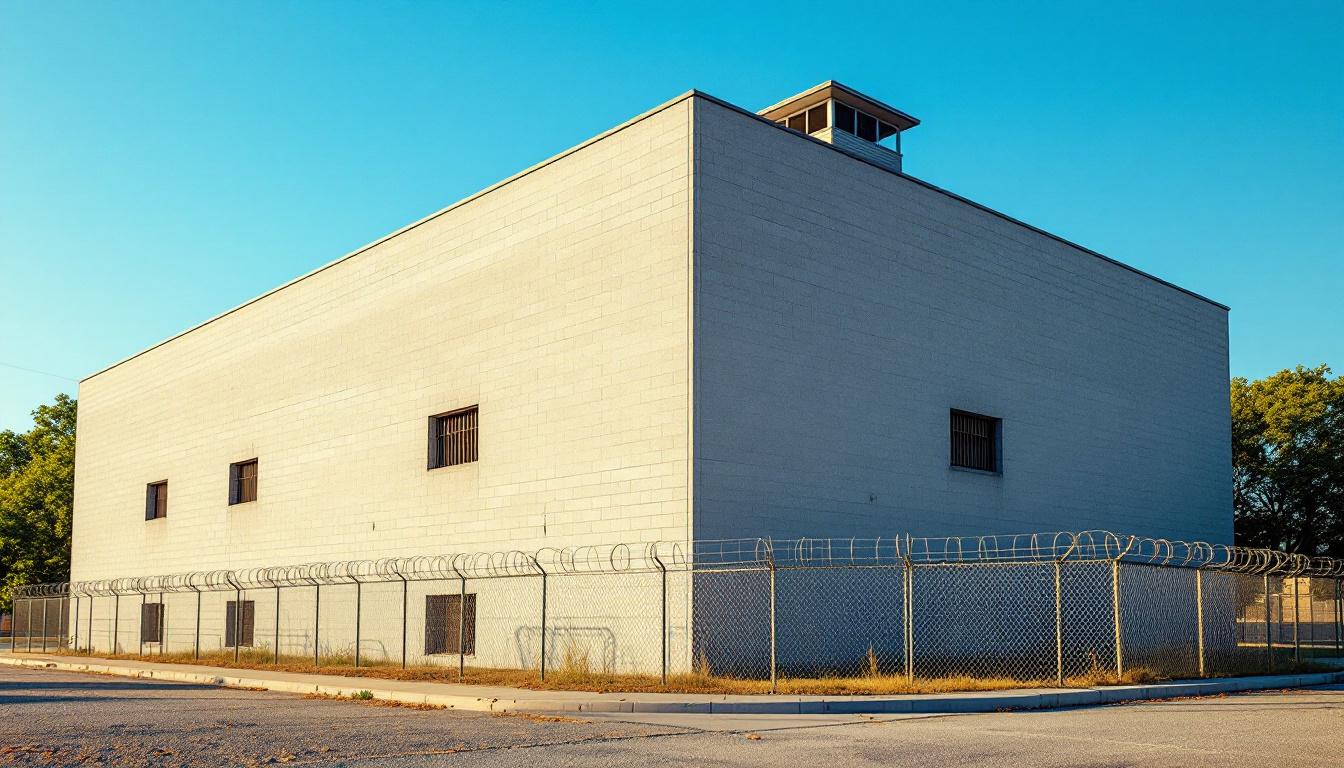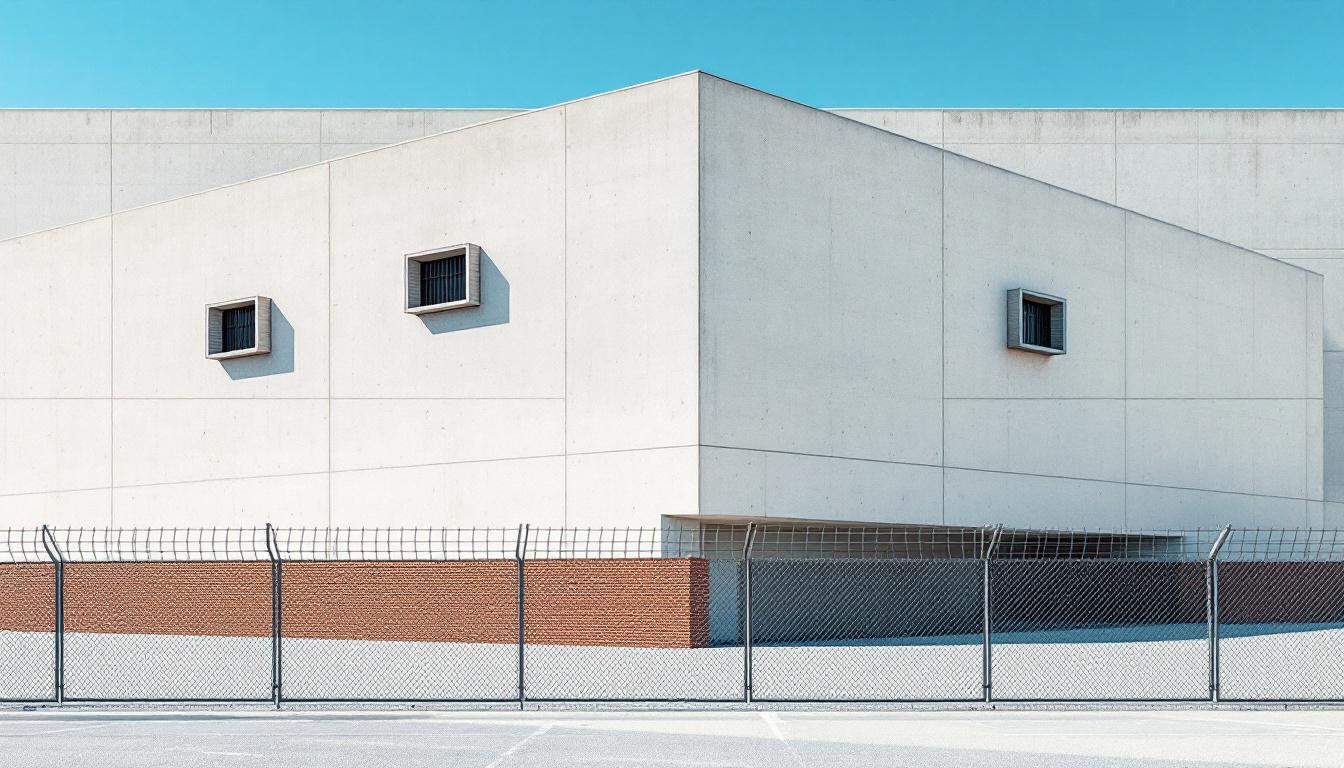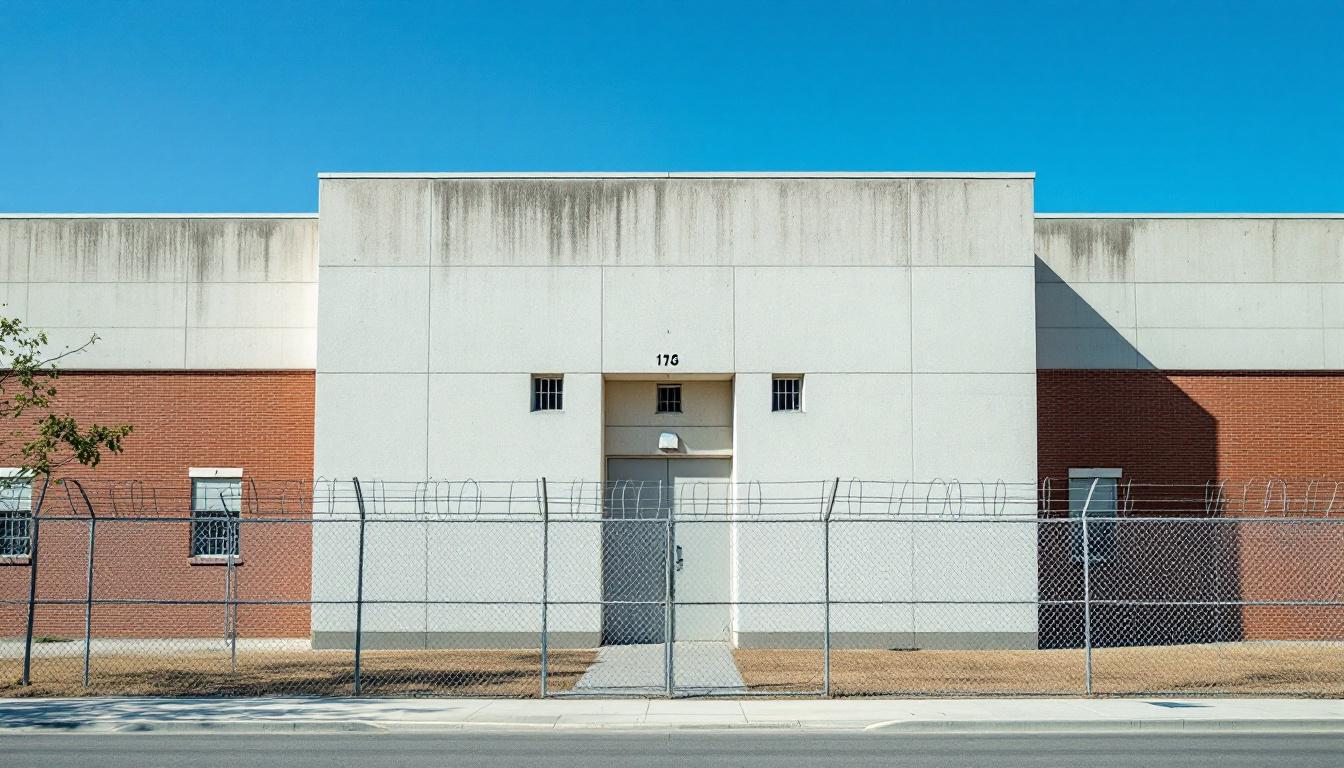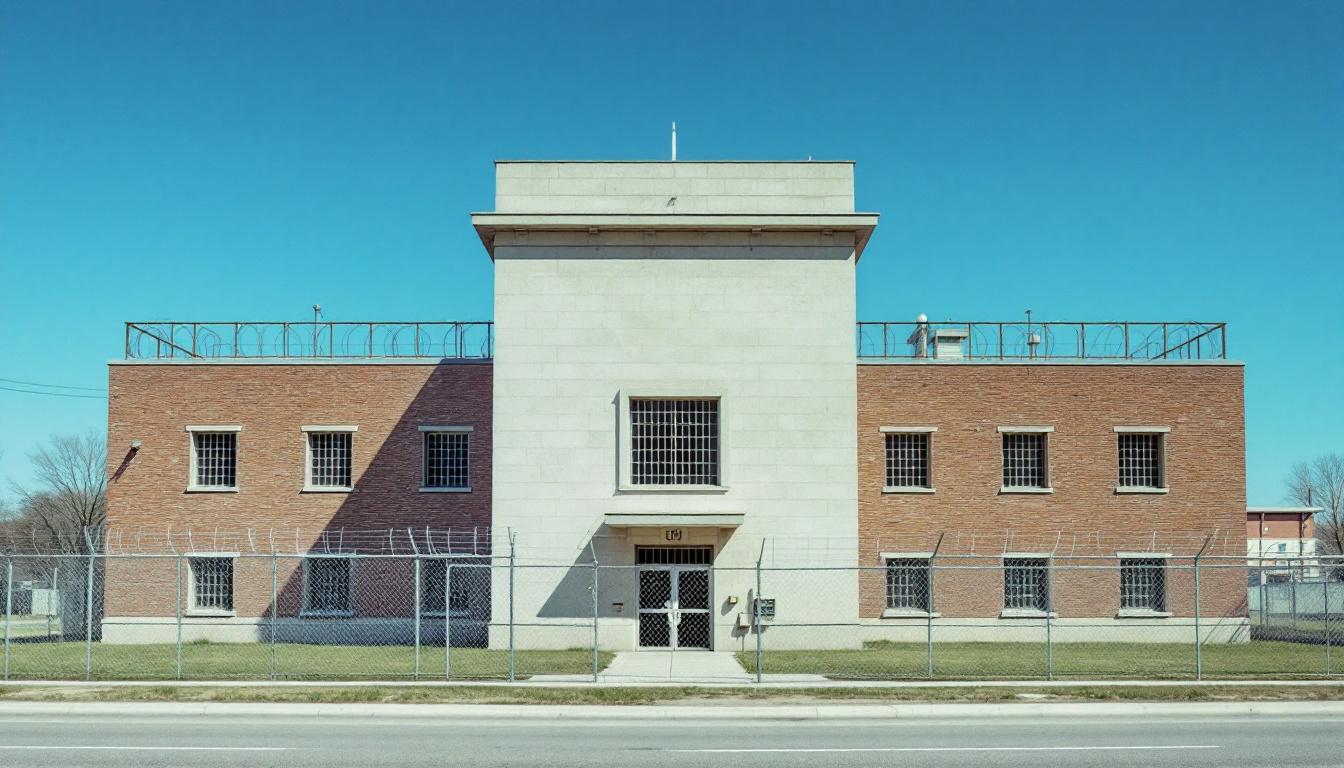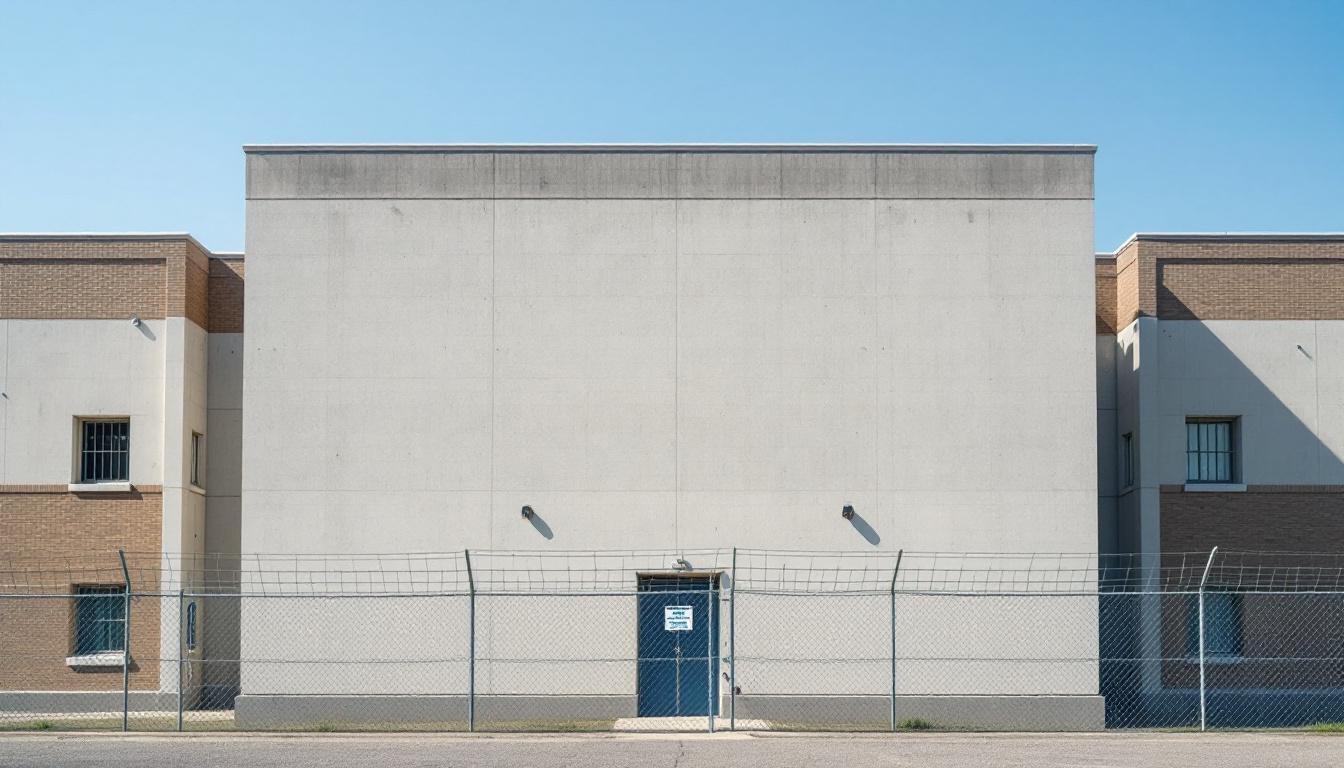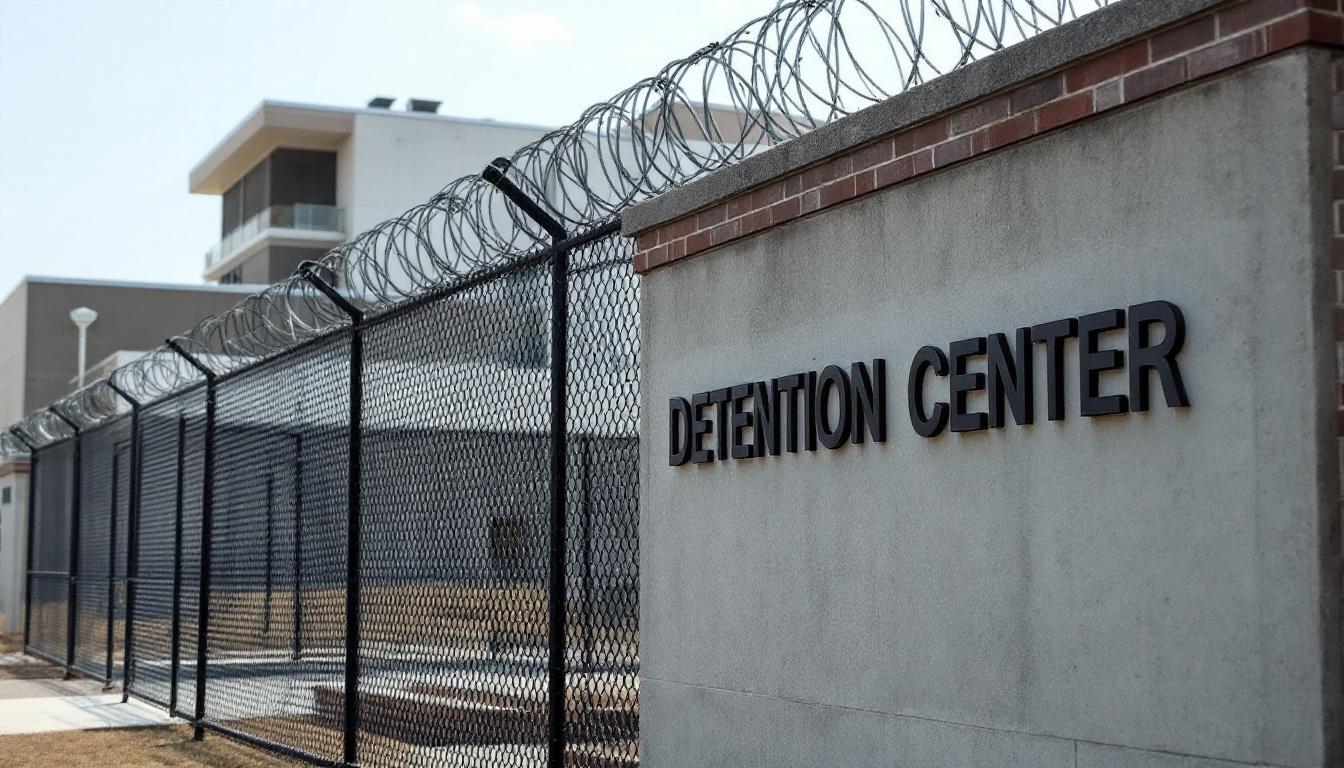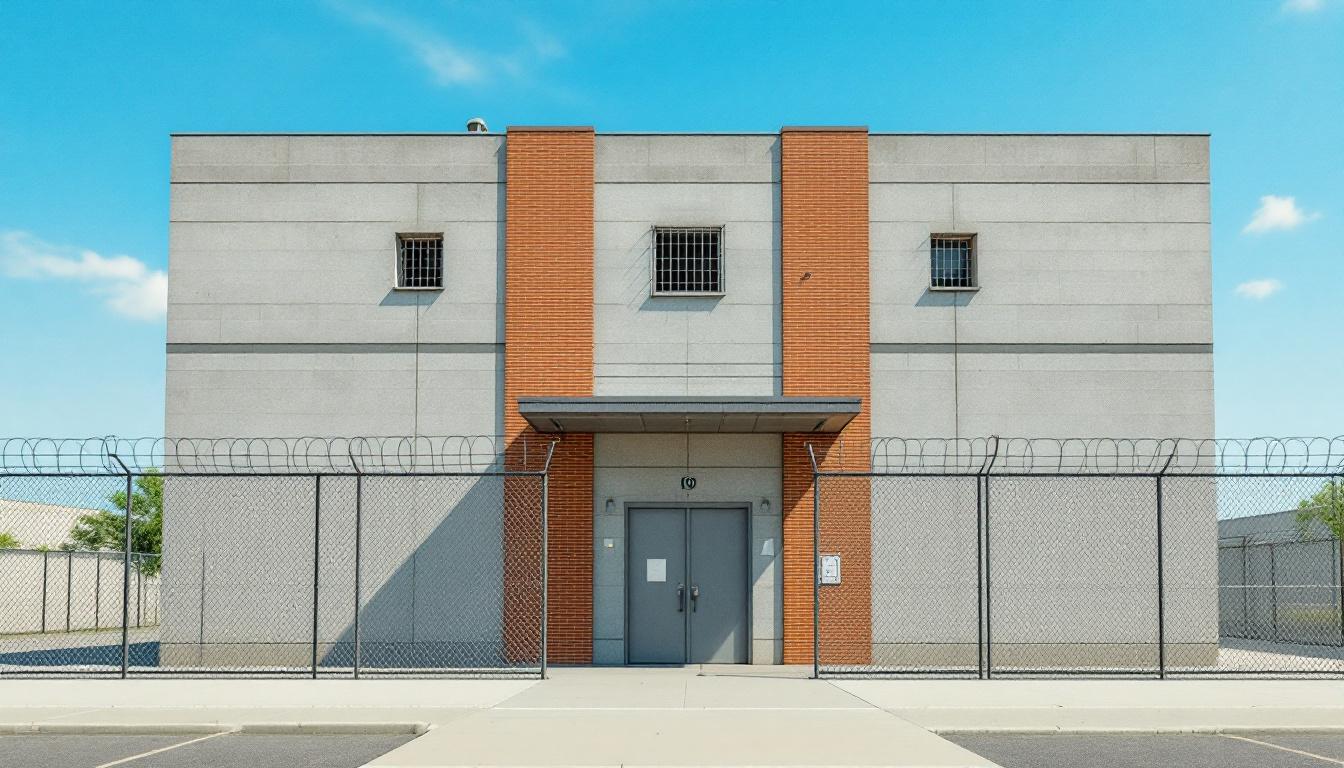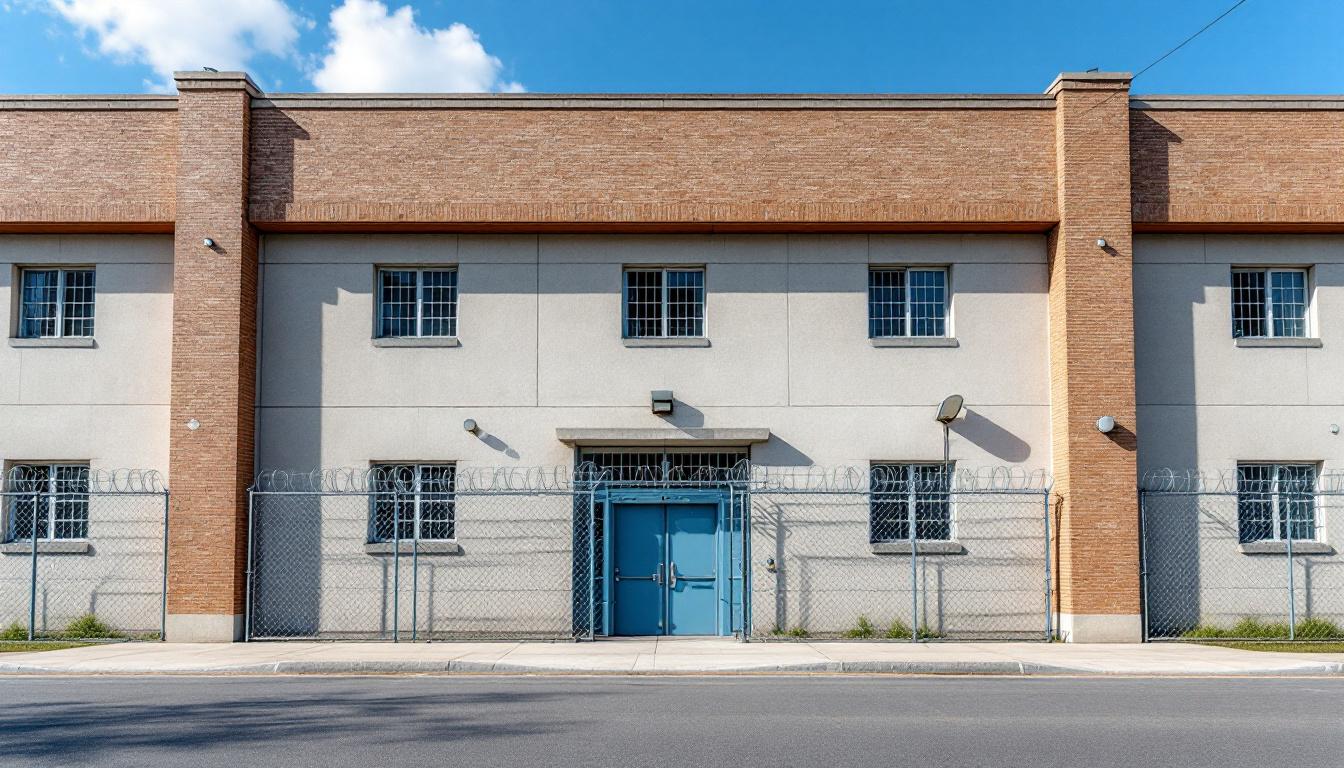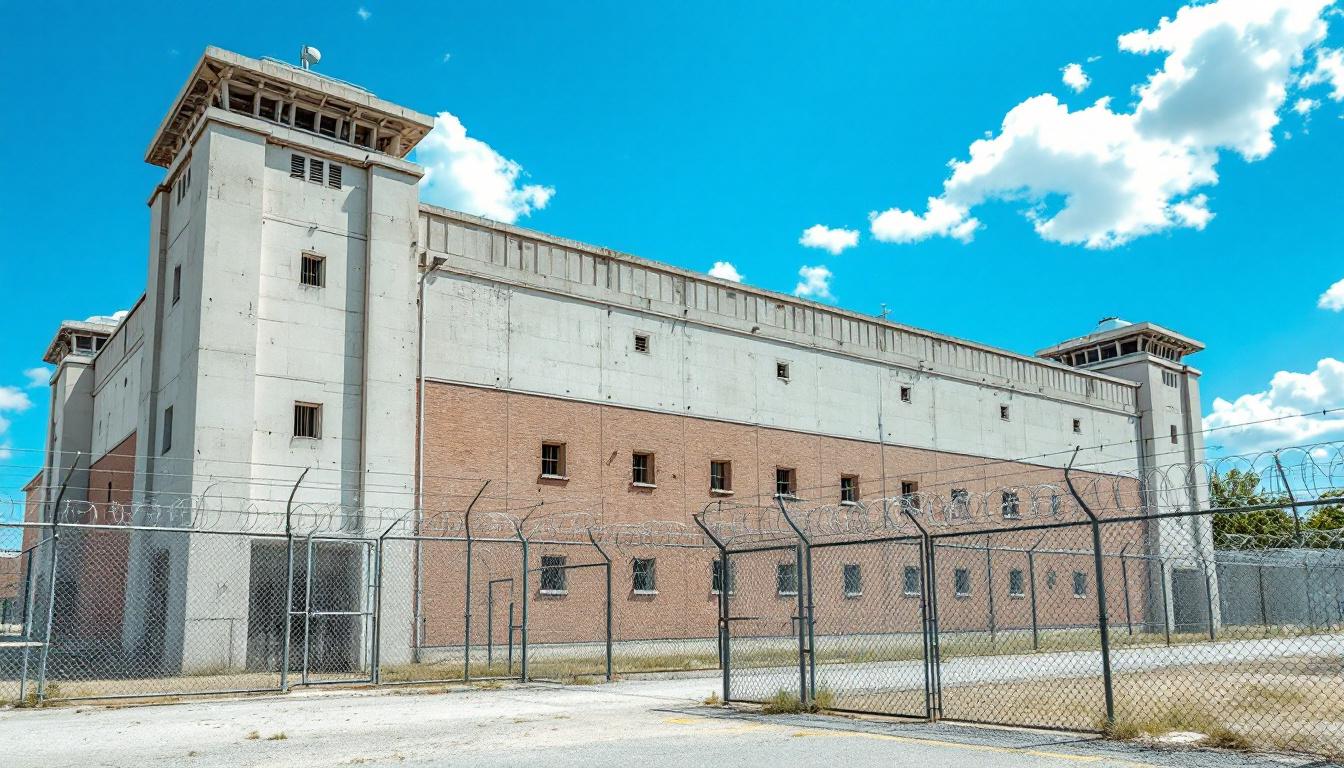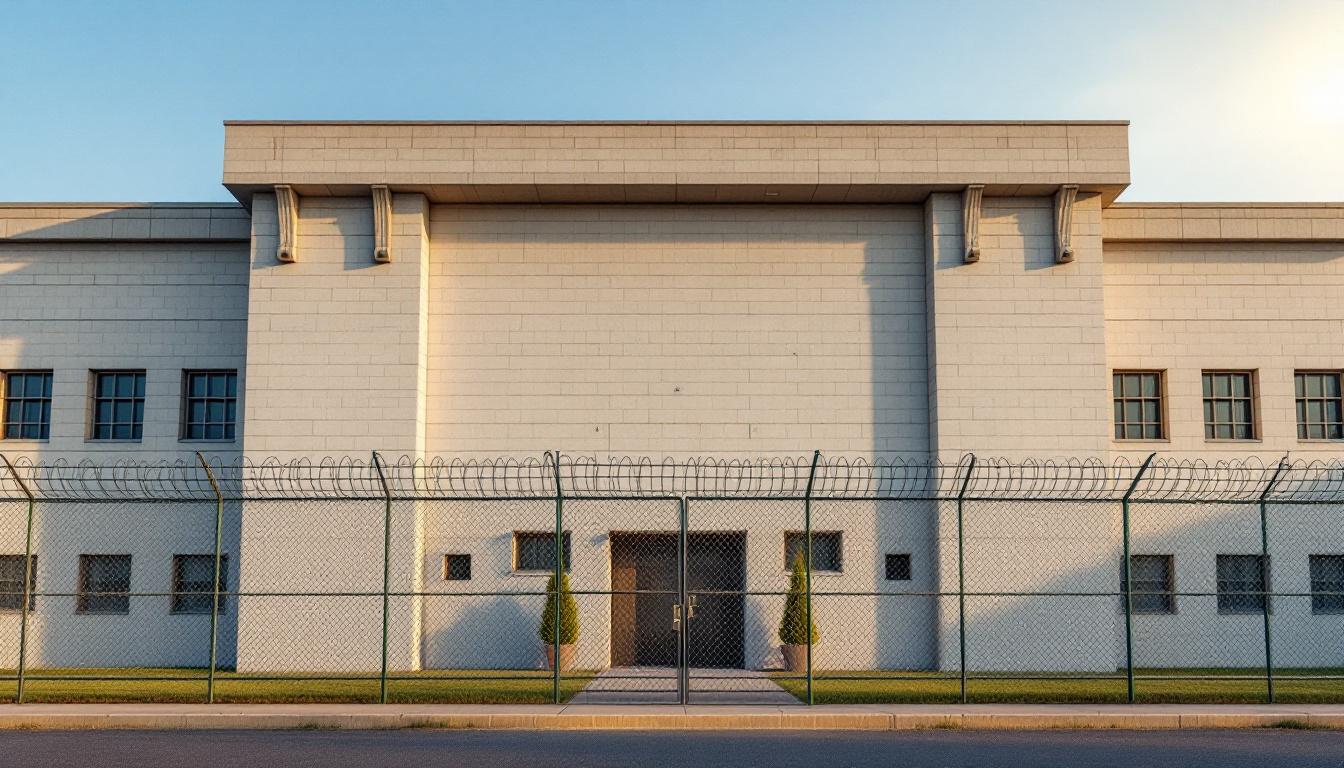
Quick Navigation
How to contact an inmate at Piedmont Correctional Institution
This comprehensive guide will walk you through how to connect with an inmate at Piedmont Correctional Institution. Follow the steps below to find an inmate and send letters and photos:
- Search for the inmate using our search tool below
- Create your account or log in to Penmate
- Write your message (up to 6,000 characters)
- Send instantly - inmates receive printed copies daily
Find an Inmate
Search for an inmate to start communicating today
Tip: You can search by first name, last name, or inmate ID number
To contact a person at Piedmont Correctional Institution start by searching for the person on the official facility website. Perform a search by following these steps:
- Step 1: Enter their first name and last name into the search form and click "Search"
- Step 2: Locate their inmate record
- Step 3: Write down their Inmate ID and any housing information provided
Important! Be sure to enter the person's full name. Nicknames should not be used.
How to Send Messages to Inmates

You can use your phone or computer to send emails, letters, and photos to an inmate. Messages are sent electronically to inmate tablets or kiosks at the facility. If you would like to send a message, start by searching for an inmate at Piedmont Correctional Institution.
Sending Photos and Postcards

A great way to send love and support to a loved one at Piedmont Correctional Institution is to send photos and postcards. It only takes a few minutes to send photos from your phone and it makes a huge difference. You can also mail postcards with words of support and inspiration, or design your own postcard for special moments like birthdays and holidays.
Important! Be sure not to send any explicit photos or they may not be approved by the facility. You can also use a photo printing app like Penmate to make sure your photos are printed at the correct size (4x6 or 3x5) and are mailed according to the rules and regulations of Piedmont Correctional Institution.
Frequently asked questions about Piedmont Correctional Institution
-
How long does it take to deliver a message?
If you're sending an email message your letter is usually delivered within 24-48 hours. For messages sent via mail you should expect delivery within 3-7 days. All messages will need be approved by Piedmont Correctional Institution.
-
How much does it cost to send a message to Piedmont Correctional Institution?
You can send a message free using your phone or mail a message via USPS for the price of a $0.60 stamp and envelope. You can also purchase credits or e-stamps from services starting at $1.99.
-
What services can I use to contact an inmate at Piedmont Correctional Institution?
Penmate
You can use Penmate to send letters and photos to an inmate from your phone. It's an easy way to stay in touch during your loved one's incarceration. Use the inmate locator to find an inmate's location and contact information, then you can send messages within a few minutes.
Securus messaging
Securus may be another option for communicating with an inmate at Piedmont Correctional Institution. You can create a friends and family account and purchase credits to send messages. All messages will be reviewed and must be approved by the facility.
JPay
Some county jails and state prisons may support sending messages with JPay. You must register an account with the system, find your loved one, and purchase stamps to send messages. For some locations you can also attach photos.
Smart Jail Mail
You may also check if Smart Jail Mail is available at Piedmont Correctional Institution. Smart Jail Mail is operated by Smart Communications and has contracted with some state and county jails. After purchasing credits, your messages and photos are sent to the facility, printed out, and then handed out to your loved one.
-
What is the mailing address of Piedmont Correctional Institution?
Mailing address:
Piedmont Correctional Institution
1245 Camp Rd
Salisbury, NC 28147
Phone: (704) 639-7540Business hours:
- Monday: Open 24 hours
- Tuesday: Open 24 hours
- Wednesday: Open 24 hours
- Thursday: Open 24 hours
- Friday: Open 24 hours
- Saturday: Open 24 hours
- Sunday: Open 24 hours
-
What are the visiting hours at Piedmont Correctional Institution?
Visiting hours at Piedmont Correctional Institution vary by housing unit and security level. Generally, visits are scheduled on weekends and holidays, with some facilities offering weekday visits. Contact the facility directly at (704) 639-7540 or check their website for the current visiting schedule. Visits typically last 30-60 minutes and must be scheduled in advance.
-
What items are prohibited when sending mail to Piedmont Correctional Institution?
Prohibited items typically include: cash, personal checks, stamps, stickers, glitter, glue, tape, staples, paperclips, polaroid photos, musical or blank greeting cards, hardcover books, magazines with staples, and any items containing metal or electronics. Only send letters on plain white paper with blue or black ink. Photos must be printed on regular photo paper (no Polaroids). Always check with Piedmont Correctional Institution for their specific mail policies.
-
How do I send money to an inmate at Piedmont Correctional Institution?
You can send money to an inmate at Piedmont Correctional Institution through several methods: 1) Online using JPay, Access Corrections, or the facility's approved vendor, 2) Money orders mailed directly to the facility with the inmate's name and ID number, 3) Kiosks located in the facility lobby, or 4) Over the phone using a credit or debit card. Fees vary by method, typically ranging from $2.95 to $11.95 per transaction.
-
Can I schedule a video visit with an inmate at Piedmont Correctional Institution?
Many facilities now offer video visitation as an alternative to in-person visits. At Piedmont Correctional Institution, video visits may be available through services like Penmate, Securus Video Connect, GTL, or ICSolutions. Video visits typically cost $10-20 for 20-30 minutes and must be scheduled in advance. You'll need a computer or smartphone with a camera and reliable internet connection. Contact the facility for their specific video visitation policies and approved vendors.
-
What identification do I need to visit an inmate at Piedmont Correctional Institution?
All visitors must present valid government-issued photo identification such as a driver's license, state ID, passport, or military ID. Minors must be accompanied by a parent or legal guardian who can provide the minor's birth certificate. Some facilities require visitors to be on the inmate's approved visitation list, which may require a background check. Contact Piedmont Correctional Institution for specific ID requirements and visitor approval procedures.
-
How can I find out an inmate's release date?
To find an inmate's release date at Piedmont Correctional Institution, you can: 1) Use the online inmate search tool if available, 2) Call the facility's records department, 3) Contact the inmate's case manager or counselor, or 4) Have the inmate provide this information during a call or visit. For privacy reasons, some facilities only release this information to immediate family members.
Facility Overview
Contact Information
Piedmont Correctional Institution1245 Camp Rd
Salisbury, NC 28147
Phone: (704) 639-7540
Official Website

About Piedmont Correctional Institution
Community safety and successful reintegration converge at Piedmont C.I., where the NC correctional facility operates as an integral component of North Carolina's broader justice system. Located in Phoenix, this facility typically serves individuals from surrounding counties while maintaining connections to the wider regional network of correctional institutions. The facility's approach generally emphasizes both secure custody and preparation for eventual community return, recognizing that effective correctional operations serve multiple stakeholders including victims, families, and the broader public.
Inmates services at Piedmont C.I. may include educational programming, vocational training opportunities, and various forms of counseling support designed to address underlying factors that contribute to criminal behavior. The correctional facility often provides basic healthcare services, mental health support, and substance abuse programming as part of its comprehensive approach to rehabilitation. These services typically operate within a structured environment that balances security requirements with opportunities for personal growth and skill development.
Phoenix's location within North Carolina positions the facility to serve as part of the state's strategic approach to corrections, often facilitating family connections while maintaining appropriate security protocols. The facility generally coordinates with state agencies, community organizations, and reentry service providers to support successful transitions back to the community, recognizing that effective rehabilitation extends beyond the facility walls and requires ongoing support systems.
Programs & Services
Personal growth and skill development form the cornerstone of rehabilitation efforts, with comprehensive services designed to address the diverse needs of inmates preparing for successful reintegration. The facility typically emphasizes a holistic approach to personal development, recognizing that meaningful change requires addressing educational gaps, developing practical skills, and confronting underlying issues that may have contributed to incarceration. This multifaceted strategy often creates pathways for inmates to build confidence, develop new competencies, and establish a foundation for positive life changes.
Education services may provide inmates with opportunities to complete their high school equivalency or pursue adult basic education, helping to address fundamental learning needs that support long-term success. These academic offerings often work in conjunction with vocational training programs that teach practical, marketable skills. Automotive repair training typically stands out as a particularly valuable vocational option, providing hands-on experience with equipment and techniques that translate directly to employment opportunities upon release. Such skill-based learning often helps inmates develop both technical competencies and work habits that employers value.
Library services may offer inmates access to educational resources, recreational reading, and research materials that support both personal enrichment and academic pursuits. Also available are substance abuse programs that address addiction issues through counseling and therapeutic interventions. These services often recognize that successful rehabilitation frequently requires confronting substance dependency, providing inmates with tools and strategies for maintaining sobriety and making healthier life choices after their release.
Daily Life & Visitation
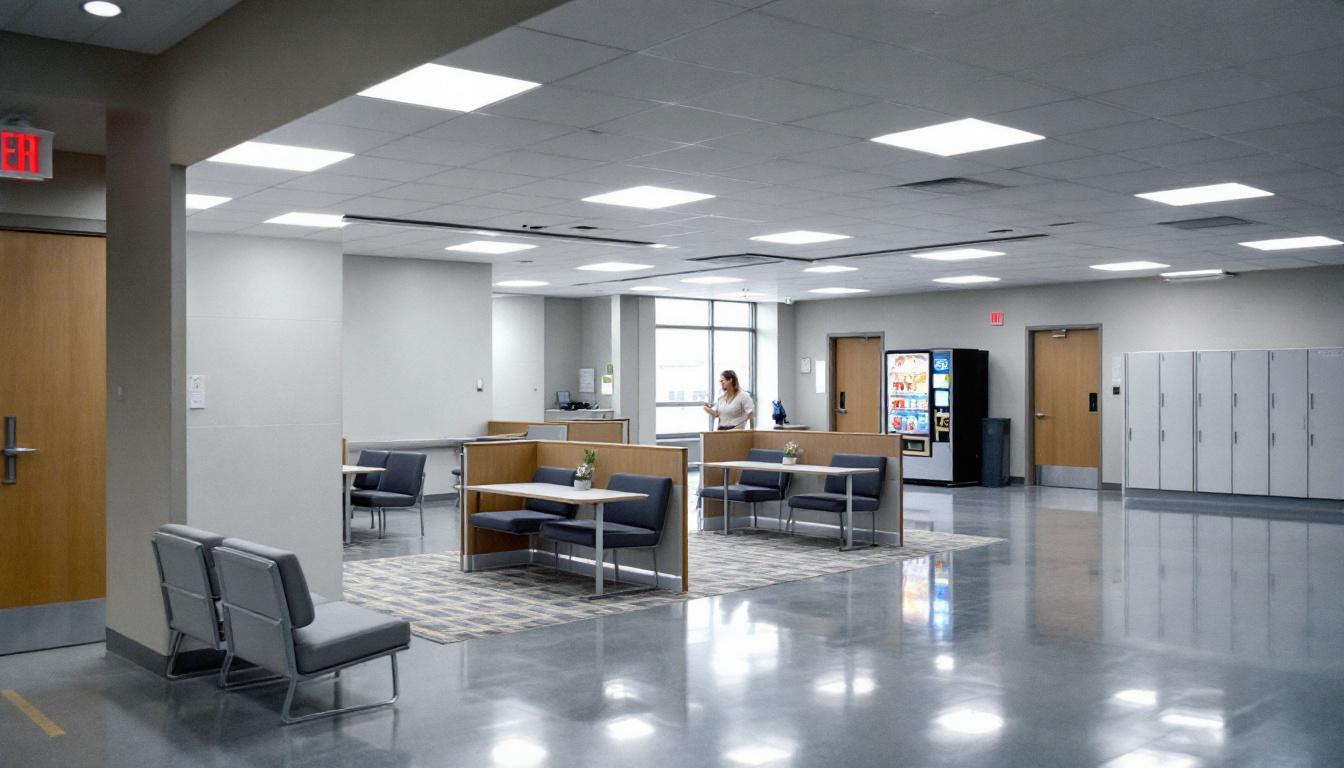
The concrete walls and steel doors of housing units at Piedmont Correctional Institution create a controlled environment where inmates must quickly learn to navigate structured routines and limited personal space. Today, inmates consistently follow schedules that begin early with count times and meal service. The facility typically operates on a regimented timeline that provides predictability while maintaining security protocols throughout the day.
Living accommodations generally consist of shared cells or dormitory-style housing units, where inmates adapt to close quarters with minimal personal belongings. Each housing area usually includes common spaces for television viewing and limited recreational activities. Also, the dining hall serves meals at designated times, with inmates moving in organized groups under staff supervision. Personal property remains restricted to approved items that can be stored in small lockers or designated areas within living spaces.
However, the facility may offer various work assignments that provide inmates with purposeful activity and skill development opportunities. These positions often include kitchen duties, maintenance tasks, and facility cleaning responsibilities. Structured programming schedules typically encompass educational classes, substance abuse counseling, and religious services that help inmates maintain connections to personal growth. Also, visitation policies generally allow approved family members and friends to maintain contact through scheduled visits and phone calls, which often provide crucial emotional support during incarceration. The commissary system usually enables inmates to purchase approved personal items and snacks, offering some degree of choice within the controlled environment.
Ready to Connect?
Start communicating with your loved one today
Search for an Inmate
